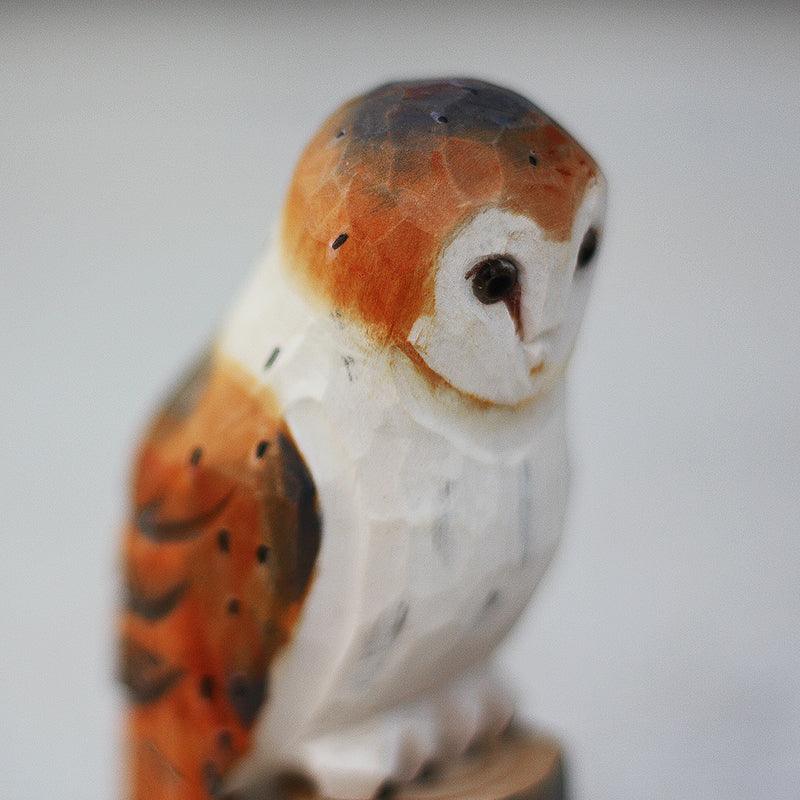
How to Feed an Owl: A Guide to Proper Owl Nutrition
Share
How to Feed an Owl: A Guide to Proper Owl Nutrition
 Owls are fascinating creatures known for their nocturnal habits, striking appearance, and predatory instincts. If you're considering caring for an owl or are simply curious about their dietary needs, understanding how to feed them properly is essential. Here's a guide on how to meet the nutritional needs of these majestic birds.
Owls are fascinating creatures known for their nocturnal habits, striking appearance, and predatory instincts. If you're considering caring for an owl or are simply curious about their dietary needs, understanding how to feed them properly is essential. Here's a guide on how to meet the nutritional needs of these majestic birds.
1. Understanding an Owl's Diet
Owls are carnivorous birds, and their diet primarily consists of small mammals, birds, insects, and occasionally reptiles or amphibians. Their sharp talons and powerful beaks allow them to hunt efficiently, capturing prey like mice, voles, and other small creatures.
2. Feeding Captive Owls
If you're feeding an owl in captivity, it's important to mimic their natural diet as closely as possible:
- Small mammals: Mice, rats, and occasionally rabbits make up a large portion of an owl's diet.
- Insects: Larger owls might eat insects like beetles, crickets, and moths.
- Birds: Owls can also feed on small birds like sparrows, starlings, and finches.
3. Providing Frozen or Live Prey

Owls are typically fed either live prey or previously frozen prey that has been thawed. Live prey allows the owl to engage in natural hunting behaviors, while thawed frozen prey ensures food availability without the risk of overpopulation of pests. Always thaw frozen prey completely before feeding.
4. Frequency of Feeding
Owls don’t eat every day in the wild, so it's normal for them to skip meals. However, in captivity:
- Adult owls: Feed every 1-2 days depending on the size of the prey and the owl's appetite.
- Young owls: Should be fed more frequently, as they are growing and need more energy.
5. Water
Owls obtain most of their water from the prey they consume, so they typically do not drink much. However, it’s always good to provide fresh water in captivity for hydration and cleaning.
6. Safety and Hygiene
Make sure the feeding area is clean and free from potential contaminants. Owls can be prone to infections if they eat spoiled food, so always discard uneaten prey promptly.
In summary, feeding owls requires careful consideration of their carnivorous diet, regularity, and type of prey. Proper nutrition ensures that these birds remain healthy and thrive, whether in the wild or in a controlled environment.









